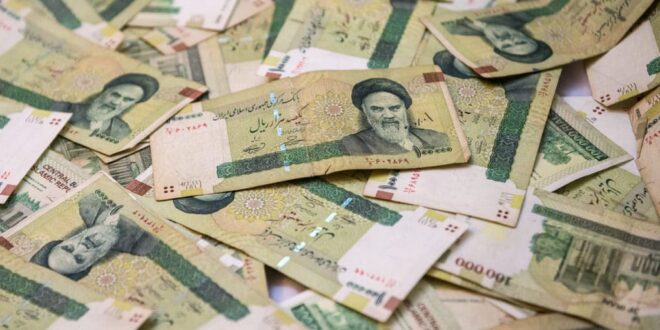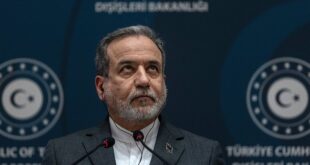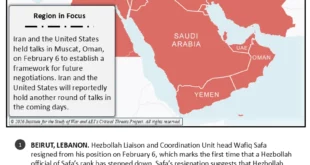Iranians remain on edge as they wait for Israel’s response to Iran’s latest ballistic missile barrage. The Iranian currency reflects local anxiety as the street value of the Iranian rial to the dollar has plummeted more than 11 percent since October 1, 2024.
As Israel’s conflict with Iran and Iranian-backed proxies intensifies, Tehran’s financial fortitude will play a significant role in determining the length and outcome of the clash. President Masoud Pezeshkian’s proposal to cut gasoline subsidies, long a political hot potato, and significantly increase the defense budget likely reflects government recognition that it needs to prepare financially for protracted conflict.
While the scope and timing of any Israeli retaliation dominate diplomatic discussions, Iran’s own foreign exchange markets reflect the concerns of ordinary Iranians. The Iranian government maintains an official foreign exchange rate, but ordinary Iranians trade currency on the black market, which responds to market forces and reflects public confidence. Here, the dollar strengthened from 618,000 rials on October 1, 2024, to 684,500 rials three weeks later. In the special market where exporters and importers exchange currency, known as NIMA, the U.S. dollar increased 4 percent from 464,114 rials on October 1 to 485,320 rials three weeks later.
Other measures also reflect decreasing confidence. The Tehran Stock Exchange has fallen 6 percent since October 1 but more than twice that when converted first into a dollar-denominated index using the unregulated exchange rate.
Tehran is entering the conflict with structural economic weaknesses caused by four decades of corruption, mismanagement, and international isolation. However, the Biden administration’s decision not to enforce U.S. sanctions has increased Tehran’s financial resilience. According to Washington’s Energy Information Agency, Tehran sold $144 billion of petroleum and petroleum products from 2021 to 2023. In its latest report, the IMF estimates that during Biden’s four years as president, Iran will export $439 billion of goods and services. The IMF forecasts that Tehran’s readily available reserve by the end of this year will be $31.3 billion.
Over the next few weeks, two events will determine the fate of Iran’s economy in the near future.
The scope and targets of Israel’s military response will determine its impact on Iran’s economy. A narrow response as in April 2024 may even lead to a temporary recovery in currency and stock markets. Yet if the Israel Defense Forces target economic infrastructure such as oil export terminals, refineries, or ports, the Iranian rial and stock market will immediately experience further collapse. Capital flight and disruption of exports will compound the damage and could lead to social and political unrest.
The U.S. presidential elections will also affect the Iranian economy. Should Kamala Harris win and continue her predecessor’s policy of sanctions relief or non-enforcement, the Iranian Central Bank will likely acquire more hard currency with which to stabilize the rial. A Donald Trump return and resumption of “maximum pressure,” however, could reduce Tehran’s revenue and access to its reserve while amplifying the negative impact on the Iranian economy of military conflict with Israel.
While the cash cushion, the fruit of Biden’s lax enforcement of sanctions, offers Tehran a breathing gap, Iran’s structural economic weaknesses at a time it suffers from a legitimacy crisis, domestically and among its proxies, make it impossible for the regime to successfully pursue a direct, wide, and long military conflict with Israel.
Tehran and its proxies are weaker than what they have been projecting. This is not a time for de-escalation. Washington should use this opportunity to push the Islamic Republic towards collapse through a dual-wing strategy of maximum pressure on the regime and maximum support for the people of Iran.
 Eurasia Press & News
Eurasia Press & News



